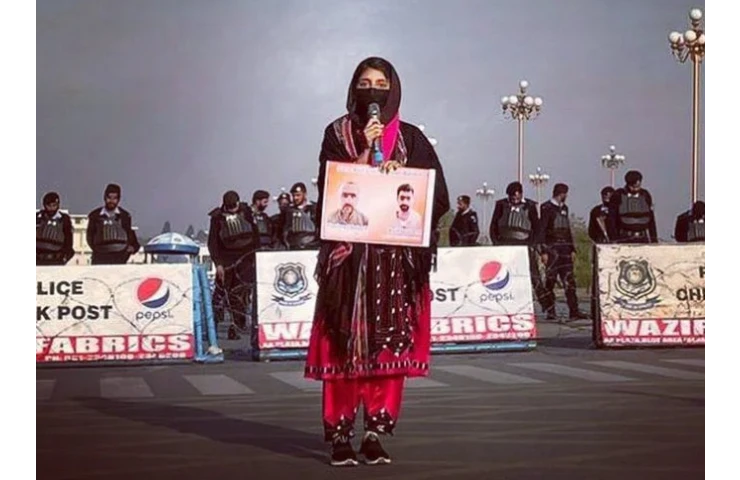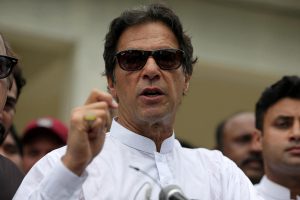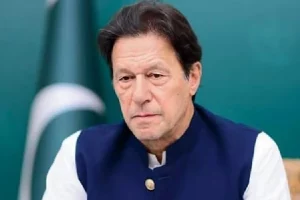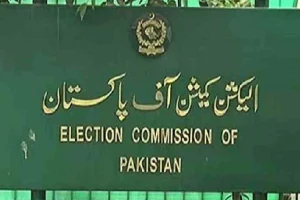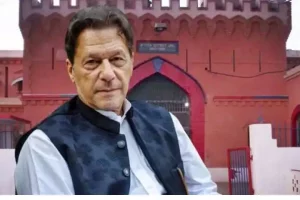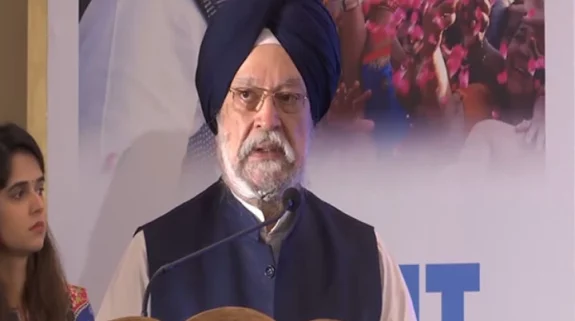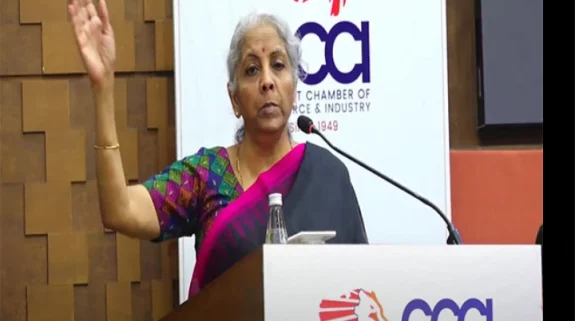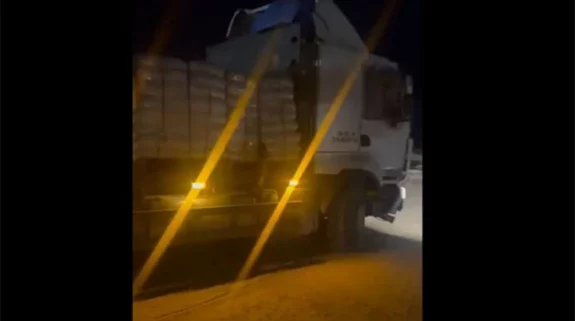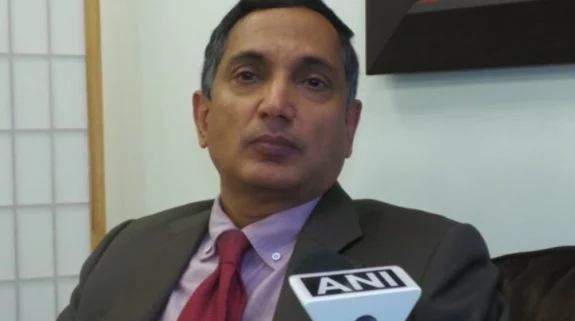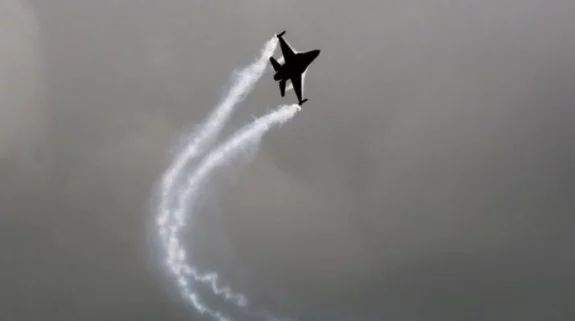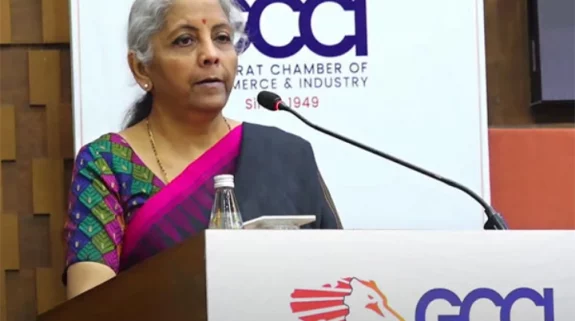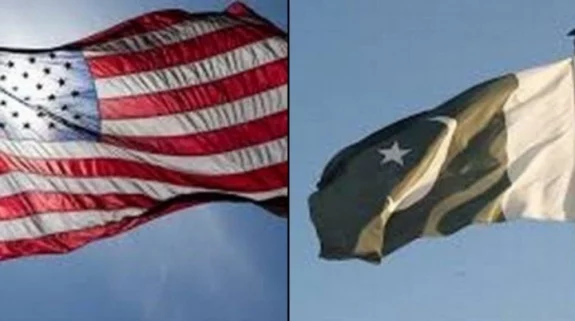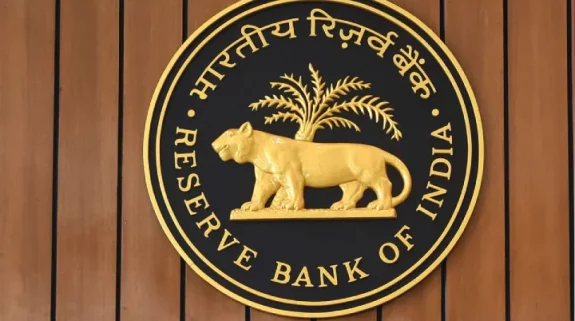Pakistani Prime Minister Imran Khan has caved in to some of the major demands of the Gwadar protesters, but his show of the olive branch has not dented the growing Baloch movement for basic rights.
Khan tweeted: "I have taken notice of the very legitimate demands of the hardworking fishermen of Gwadar. Will be taking strong action against illegal fishing by trawlers & will also speak to CM Balochistan".
I have taken notice of the very legitimate demands of the hardworking fishermen of Gwadar. Will be taking strong action against illegal fishing by trawlers & will also speak to CM Balochistan.
— Imran Khan (@ImranKhanPTI) December 12, 2021
Imran Khan has been under pressure as the 'Gwadar ko haq do' movement spirals out of control in the edgy and conflict-prone Balochistan province. The 'Give rights to Gwadar' movement completes one month of protests in the port Gwadar where China is building a naval cum commercial port.
Despite Imran Khan's delayed outreach, his headache seems to be growing bigger. The massive protests, that have brought together people from all sections of the society, have been organised by Maulana Hidayatur Rehman, the general secretary of the Jamaat-i-Islami party, who has now announced that he will begin a million march to Quetta–the capital of Balochistan. Apart from the charter of demands that the protestors had submitted earlier to the government, Rehman now plans to pursue removal of security forces from Balochistan and the release of all missing persons from the captivity of the Pakistani intelligence and military.
Breaking: Leader of Gwadar protests, Maulana Hidayat-ur-Rehman, has announced a million march to Quetta with demands including complete removal of FC from Balochistan and surfacing of all forcibly disappeared people. Visuals for today's speech: pic.twitter.com/szMYJtGeM4
— The Balochistan Post – English (@TBPEnglish) December 11, 2021
Arab News reported that the protestors continue to occupy the major thoroughfare along the coastline in Gwadar as well as internal areas of the city. They are demanding opening up the border with Iran for trade, preventing Chinese trawlers from fishing in Balochistan waters and provision of basic rights like water and power.
Geopolitical analyst Mark Kinra told India Narrative: "With elections approaching in Pakistan the protests are only going to get bigger. For the moment, the Baloch will ride on the wave created by Maulana Baloch. He has put a spotlight on the social and economic issues that the Baloch have been suffering for decades but could not articulate before the world. The Maulana has actually made those issues global".
People are also protesting against the China Pakistan Economic Corridor (CPEC), which they claim has robbed them of their livelihoods and has led to setting up of road blocks and security checks for the locals. A fortnight back, Chinese Foreign Ministry spokesperson Lijian Zhao had dismissed the Gwadar protests as fake. His statements were criticised by Jamal Nasir Baloch, Head of Foreign Affairs of the Free Balochistan Movement, who said in an exclusive interview to India Narrative that Balochistan’s marine resources are being exploited by Chinese trawlers.
Even Maulana Baloch's team member and Jamaat follower Hassan Murad Bakhsh had told India Narrative that because of Chinese activity due to CPEC, the local people have to face increasing security.
With people pouring in from other parts of Balochistan and the Makran coast, the government has sent in more troops to contain the unrest. Local newspaper The Balochistan Post reports that the Balochistan police has blocked rail and road traffic to Gwadar from Karachi and the other areas of Balochistan.
Various Baloch organisations are organising agitations to press the Imran Khan government to find missing persons. The Baloch say that hundreds of Baloch youth have gone missing at the hands of Pakistani intelligence and security forces over the years.
#Germnay: BNM senior Member Jabbar is expressing his views on 11 Dec in demonstration against Human rights violations in #Balochistan committed by Pakistani Forces. #StandUp4BalochRights #StandUp4HumanRights pic.twitter.com/rdWNpQAkkm
— BNM – Deutschland (@bnm_deutschland) December 11, 2021
Finding the missing persons or 'enforced disappearances'–an exclusive Pakistani term to describe people kidnapped by Pakistani security forces, is one of the most difficult demands confronting the Pakistan government. In many cases relatives find mutilated dead bodies of their missing relatives after months or years. A 2019 report by the Human Rights Commission of Pakistan (HRCP) titled 'Balochistan: Neglected Still', claimed that nearly "47,000 Baloch and around 35,000 Pashtuns are missing" in Pakistan.
On the demands related to the missing persons, Kinra adds: "The provincial government has understood that it will have to accept some of the demands. Even the federal government will agree to some of the demands. However, demands over enforced disappearances and missing persons are related to the powerful Pakistani Army, which will be completely stonewalled”.






